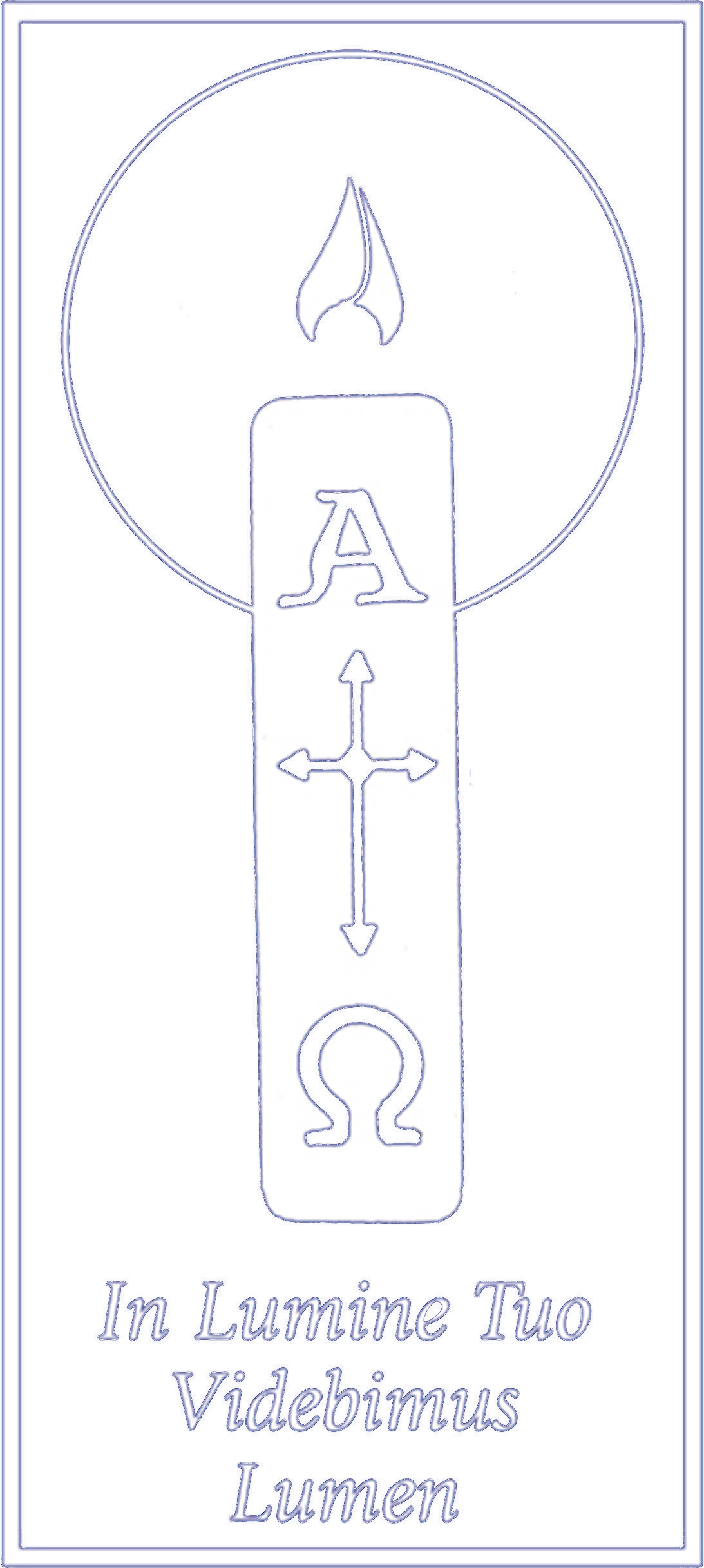Virtue, Action, and Reason: A Conference in Honor of Anselm Müller
The University of Chicago Philosophy Department will host a conference entitled, “Virtue, Action, and Reason” in honor of the Spring 2011 Lumen Christi visiting fellow, Anselm Müeller. The Lumen Christi Institute, along with a number of other institutes on campus, are delighted to act as conference co-sponsors.
The publication of Elizabeth Anscombe Modern Moral Philosophy in 1958 is often taken to mark a watershed event in analytic philosophical ethics. In this justly famous paper, Anscombe laid out three controversial theses. First, she argued that philosophers should not do moral theory until they have worked out an adequate philosophy of action and practical reason. Second, she argued that the idea of moral obligation, so central to the project of modern moral philosophy, is vacuous, and we should learn to do moral philosophy without it. Finally, she argued that the differences within contemporary moral theorists are superficial once we consider the crucial respect in which they are the same: each rejects the idea that some forms of human action such as the procurement of the judicial condemnation of the innocent are intrinsically bad qua human and, as such, are absolutely forbidden. At the close of her paper, Anscombe suggests that we give up the project of modern moral philosophy and return to the wisdom of a more ancient tradition of thought about the good life for man, one whose roots lie in Plato and Aristotle.
Arguably, no one has done more to advance progress in the direction Anscombe originally pointed than her student, Professor Anselm Müeller. Over the course of his long and distinguished career, he has articulated a theory of practical reason and action that seeks to demonstrate that man needs the virtues (dispositions for good practical inference) in order to achieve happiness. Moreover, he develops his theory in such a way that eliminates the need for an unreflective appeal to a species of practical obligation that is special in virtue of being moral. And finally, he has forcefully argued that predications of goodness and badness apply directly to actions and agents, and only derivatively to states of affairs, thereby showing that consequentialism rests upon a false picture of the relation between act and agent. In so doing, Professor Müeller has made lasting contributions to the field of practical philosophy.
Professor Müeller will be a visiting faculty member in the Philosophy Department this Spring quarter, and will be teaching a graduate seminar on the writings of Elizabeth Anscombe. To commemorate his visit to the University of Chicago, and to honor his distinguished career, the Philosophy Department is hosting a conference on his contributions to practical philosophy, titled Action, Virtue, and Reason. Each presenter at our conference will give a talk that engages one of Professor Müeller's seminal papers in practical philosophy, with one hour of discussion to follow each presentation. Professor Müeller will also give the keynote address, titled The Teleology of the Virtuous Life.





